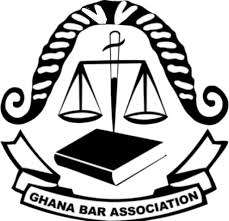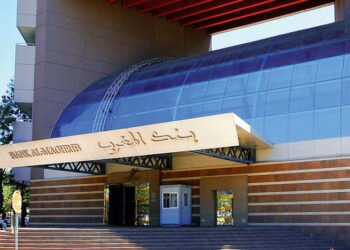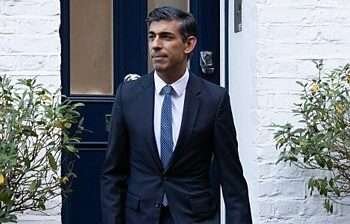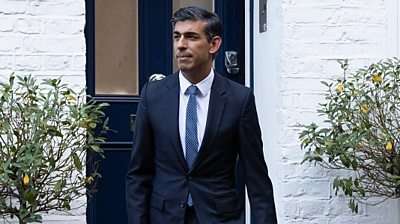Less than a week after calling for the rule of law to prevail, the Ghana Bar Association (GBA) has made a stunning reversal, now urging the President to revoke the suspension of the Chief Justice.
This abrupt shift has drawn sharp criticism from Prof. Stephen Kwaku Asare, legal expert and Democracy and Development Fellow at CDD-Ghana, who insisted that the GBA must first confront pressing constitutional concerns before advocating for such a course of action.
The Ghana Bar Association’s sudden U-turn, Prof. Asare argued, must not go unquestioned.
In a candid and powerful critique, he welcomed the GBA’s newfound activism but called for a deeper, more principled engagement with the real constitutional crises plaguing the judiciary.
Prof. Asare remarked, “It’s good that the Ghana Bar Association (GBA) has finally found its voice,” but swiftly added that the public now expects to hear that voice speak boldly on several urgent constitutional matters.
At the heart of his concerns is the controversial process surrounding Supreme Court nominations.
“Does the GBA support the Chief Justice personally selecting and submitting five names for Supreme Court appointment—contrary to Article 144(2) of the Constitution?”
Prof. Stephen Kwaku Asare
This critical question shines a spotlight on what many see as a growing threat to judicial independence and constitutional governance in Ghana.
If the GBA truly stands for the rule of law, Prof. Asare argued, it must take a firm stance on whether such personal selections without wider consultation are acceptable under the nation’s supreme legal document.
Prof. Asare also spotlighted another critical concern regarding the nomination process. He called on the Ghana Bar Association (GBA) to clarify the basis on which the Chief Justice selected her five nominees for key positions.

Raising serious questions about transparency and accountability, he urged the GBA to explain whether the Chief Justice’s selection process adhered to constitutional principles of merit, openness, and fairness.
According to him, such clarity is vital to maintaining public trust in the legal system and ensuring that appointments are made in the best interest of justice, not based on opaque or arbitrary considerations.
The lack of transparency in these appointments, he warned, risks eroding public trust in the judiciary and undermines the very foundations of democracy.
Secretive practices and backdoor arrangements, he suggested, have no place in the appointment of justices to Ghana’s apex court.
GBA Quizzed On Constitutional Breaches
Moreover, Prof. Stephen Kwaku Asare raised deeper concerns about potential constitutional breaches in the appointment process.
He questioned whether the GBA is turning a blind eye to what he described as the usurpation of the Judicial Council’s role — an allegation that points to the possibility that the Chief Justice may have sidestepped the very body constitutionally mandated to recommend candidates for Supreme Court appointments.
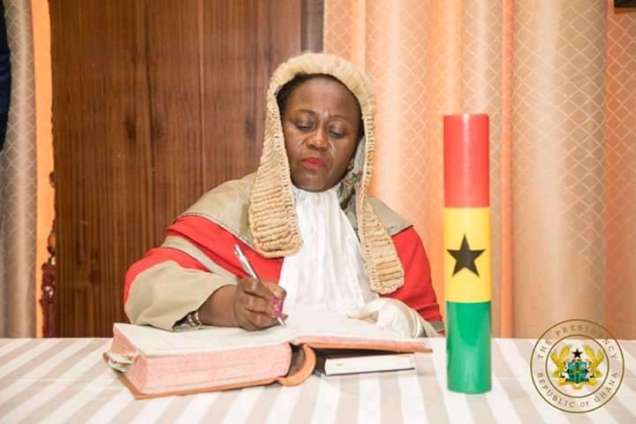
He stressed that any bypassing of the Judicial Council not only undermines the integrity of the judiciary but also poses a serious threat to the principles of good governance, transparency, and the rule of law.
“Does the GBA support secret backroom exchanges and entanglements between the Chief Justice and the Executive over who sits on Ghana’s apex court?”
Prof. Stephen Kwaku Asare
The series of pointed questions continued, reflecting deep concern over the creeping politicization of the judiciary.
Prof. Asare spotlighted the issue of panel reconstitution within the Supreme Court — a practice that, in his view, is nothing short of judicial manipulation.
“Will the GBA defend or condemn the practice of reconstituting Supreme Court panels to engineer preferred outcomes — a blatant violation of decisional independence?
“Does the GBA believe the Chief Justice can lawfully issue administrative directives that bypass constitutional procedures and established checks?”
Prof. Stephen Kwaku Asare
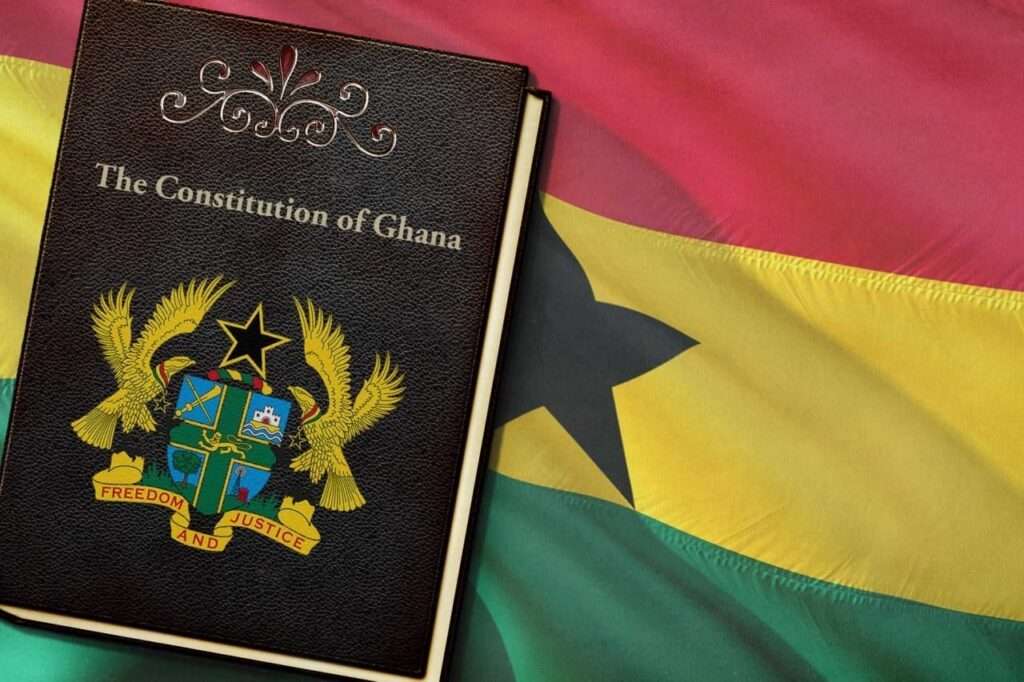
Prof. Asare’s overarching argument is simple yet profoundly important: without addressing these systemic breaches of constitutional principles, the GBA’s resolution calling for the revocation of the Chief Justice’s suspension lacks credibility.
According to him, until the association meaningfully engages with these fundamental questions, its current posture risks being seen as partisan rather than principled.
“Until the GBA meaningfully addresses these serious constitutional questions, it ought to suspend its resolution calling for the revocation of the Chief Justice’s suspension.”
Prof. Stephen Kwaku Asare
As Ghana grapples with these critical issues, the question remains whether the Ghana Bar Association will rise to the occasion — or whether it will allow the guardianship of the Constitution to be undermined by expedient alliances and selective outrage.

